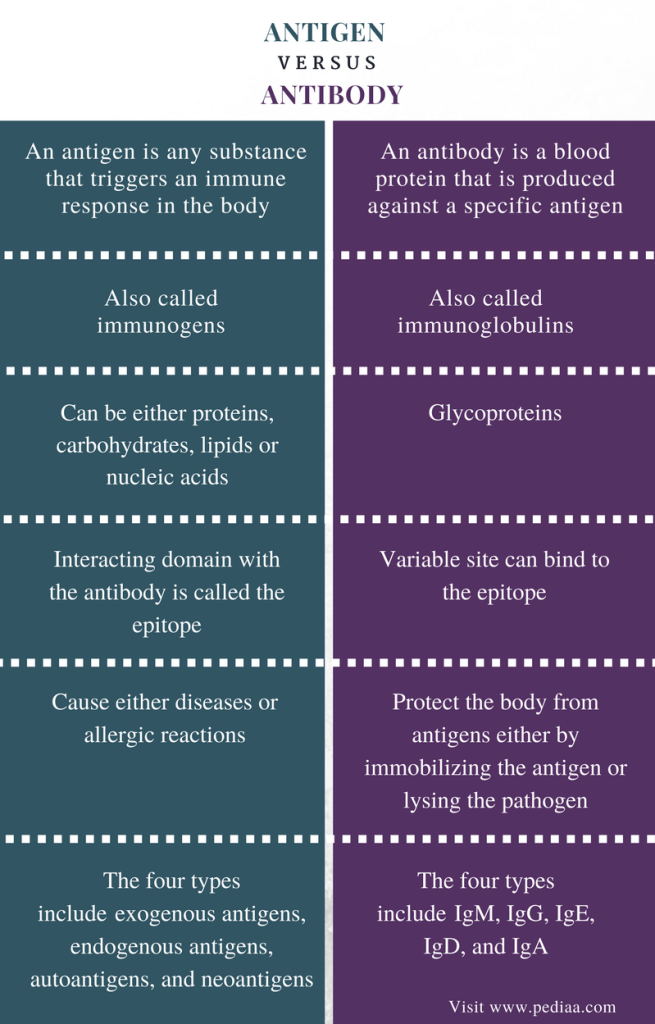IgM: The Largest Human Antibody | 04 Sep 2025
A study has discovered that IgM, the largest antibody in the human body, does not kill bacteria but instead neutralizes their toxins by stiffening them.
- This new finding could lead to the development of next-generation therapies for tough bacterial infections.
Immunoglobulin M (IgM)
- About: IgM is the first antibody produced during infection, crucial for early defense.
- Pentameric (five antibody units joined) in structure, it has high binding capacity and is effective in neutralization, complement activation, and agglutination, despite limited tissue penetration.
- Immunoglobulins (antibodies) are glycoproteins produced by white blood cells (B-lymphocytes and plasma cells), which recognize and neutralize pathogens like bacteria, viruses, and toxins.
- Mechanism: IgM acts as a mechanical brace for bacterial toxins.
- The study finds Protein L from the bacterium Finegoldia magna, which disrupts the immune system.
- Using single-molecule force spectroscopy, the researchers found that when IgM binds to Protein L, it makes the toxin much more resistant to breaking apart.
- Its large size and multiple binding sites allow IgM to engage several points on the toxin simultaneously, stabilizing it, a feature absent in smaller antibodies.
- The effect is concentration-dependent, with higher IgM levels providing stronger protection.
- The study finds Protein L from the bacterium Finegoldia magna, which disrupts the immune system.
- Significance: This discovery redefines antibodies as mechanical modulators, not just chemical binders, and opens avenues for IgM-based therapies to complement antibiotics, especially against resistant infections.
|
Read More: TR1 Cells Lead the Fight Against Malaria |

